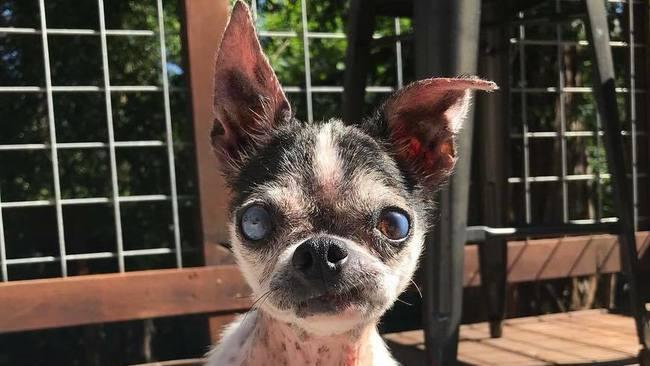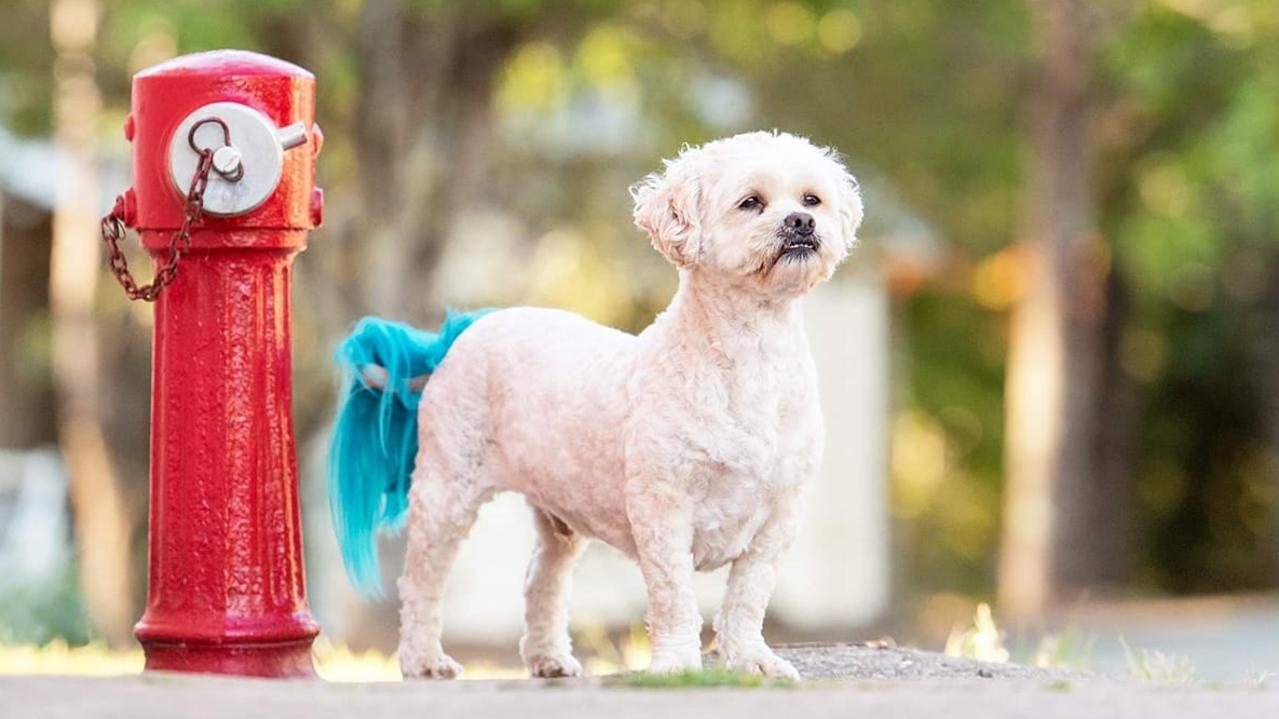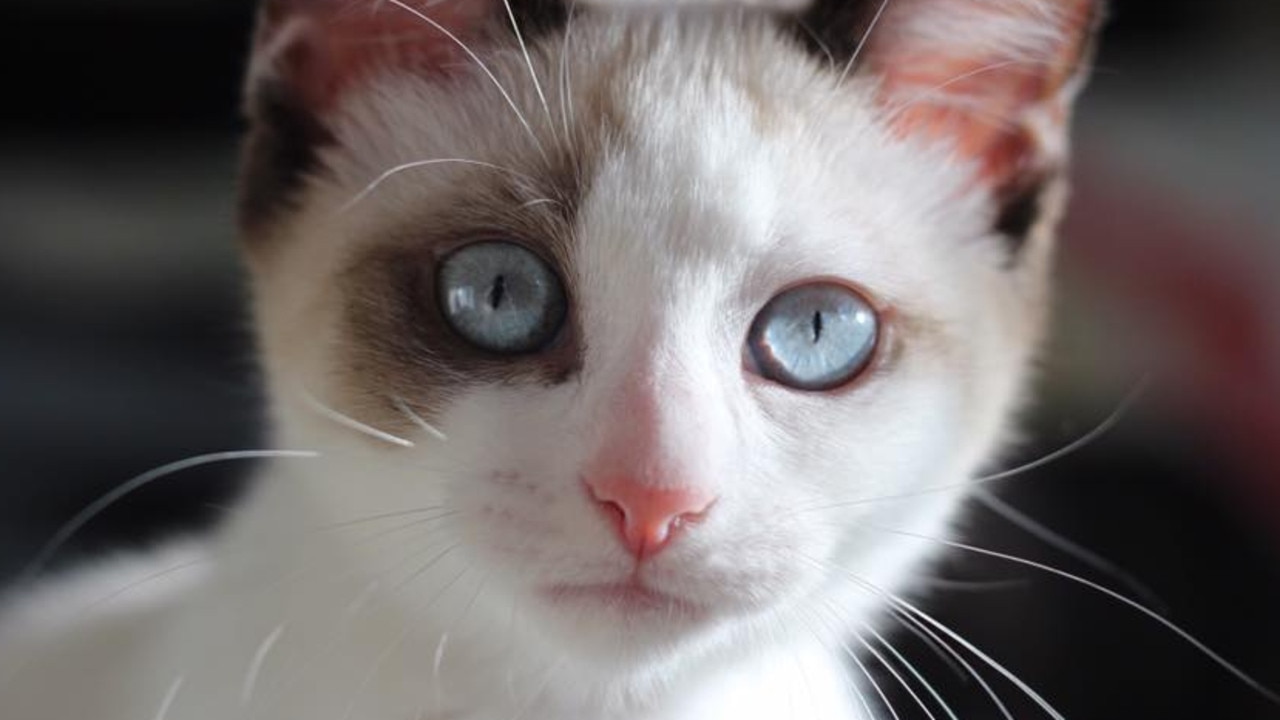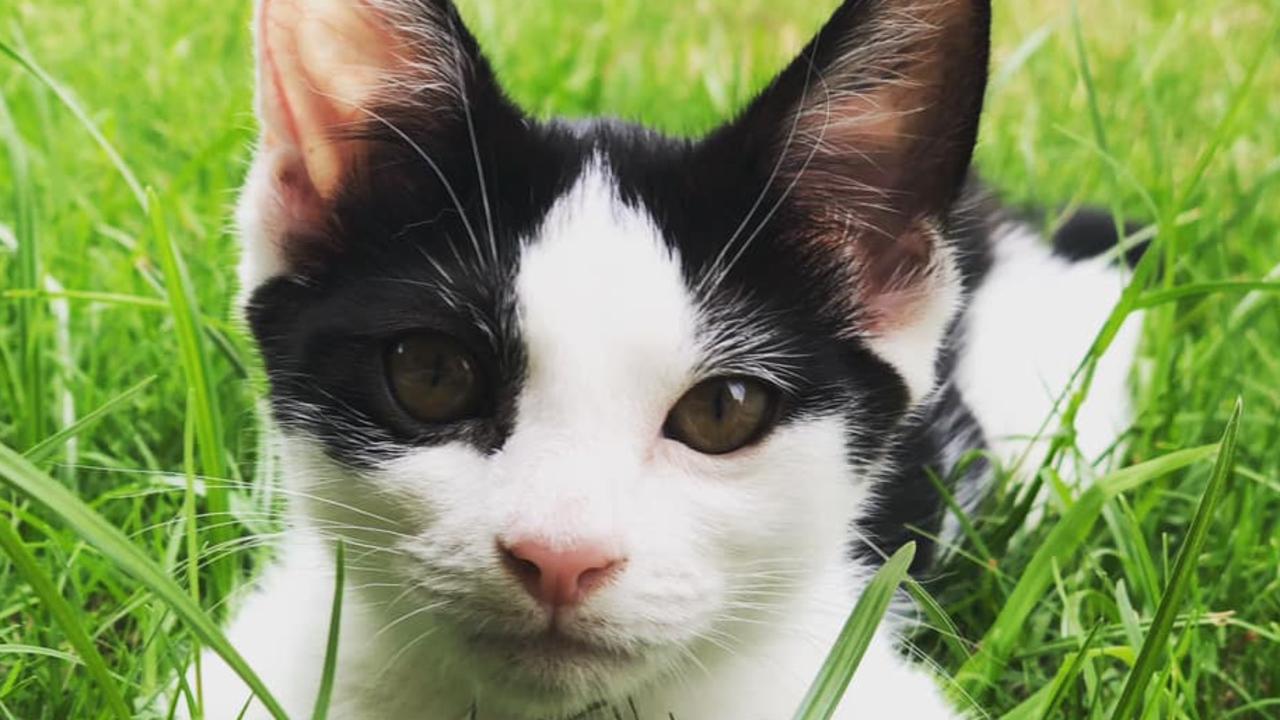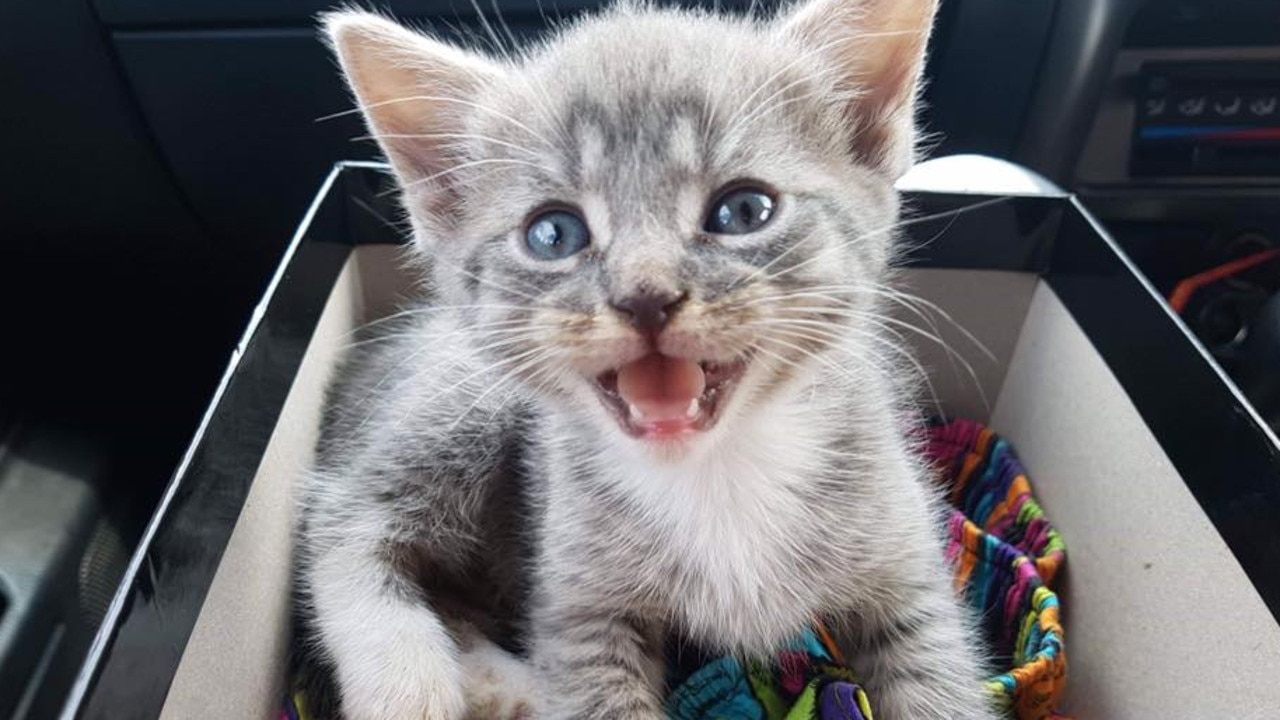Charity fights to make cat and dog meat illegal
Did you know it’s still legal to eat dogs and cats in Queensland? A charity is fighting to change the laws and is taking their battle to the prime minister.

QLD News
Don't miss out on the headlines from QLD News. Followed categories will be added to My News.
A GOLD Coast charity is fighting to make it illegal to eat dogs and cats in Queensland.
There are no laws to prohibit the eating of dog and cat meat in any Australian state except for South Australia, but Michele Brown of the Fight Dog Meat group is trying to change that.
An online care2 petition titled Legislate to make it illegal to eat dog or cat meat in Australia has already gained 5,195 signatures out of an initial goal of 6000.
Ms Brown, 60, of Arundle, aims to increase the signature goal and to eventually send the petition to the prime minister to request changes to the law.
“In the last decades Australia has worked hard to build itself as a nation of beauty and kindness, on the world stage in tourism, movies, cuisine, fashion, and so on,” she wrote on the petition.
“Animal lovers of Australia demand a ban on slaughter and consumption of Australian dogs and cats. Australian dogs and cats are loved family friends, not food!
“Fight Dog Meat is a registered charity in Australia and opposed to slaughter and consumption of dogs or cats for the use of food or fur.”

Ms Brown, who started Fight Dog Meat in 2016, said the group was calling for new legislation for every state and territory in Australia.
The petition requests changes to the animal cruelty laws to prohibit the consumption of dogs and cats, the slaughter of dogs and cats for the use of food and to implement laws to make the consumption of dogs and cats punishable by law.
Jim Dodds, chief executive officer of Stones Corner-based Safe Food Production Queensland, said although personal consumption of cat or dog meat was not illegal provided the animals were killed humanely, the sale of the meat was outlawed.
“In Queensland, and most other states and territories, personal consumption of cat or dog meat is not illegal provided the slaughter is undertaken humanely by an individual for their own consumption,” he said.
“However, the supply – including sale – of cat and dog meat is prohibited in all Australian jurisdictions.
“This is because the production or processing of meat from cats or dogs is not authorised under national standards governing meat production and processing, which are given effect in Queensland’s Meat Food Safety Scheme under the Food Production (Safety) Act 2000.
“Consequently, there is no industry in Queensland for the supply of cat and dog meat and we are not aware of any evidence of the consumption of cat and dog meat in Queensland.”

A spokesman for the Food Standards Australia and New Zealand, a statutory authority in the Australian Health portfolio based in the ACT, said laws varied in each state or territory.
“The definition for meat and meat products under the Food Standards Code include buffalo, camel, cattle, deer, goat, hare, pig, poultry, rabbit or sheep, as well as any other animal permitted for human consumption under a state or territory law,” he said.
Ms Brown said there was no humane way to slaughter a dog or cat for human consumption.
“Australian veterinarians use lethal drugs to humanely euthanize dogs and cats,” she said.
“Asian and African methods of dog and cat meat slaughter such as beating the animal to death, boiling them alive, stabbing them in the chest, neck or belly, skinning them alive, hanging them from a branch, electrocuting them in the genitals or anus, are all in direct opposition to Australian animal anti-cruelty laws.”
Ms Brown said it was difficult to get the laws changed in Queensland as no one had been charged with eating dog or cat meat.
“It’s difficult to get the law changed here as there’s no precedent to work off,” she said.
“However, our population has grown tremendously and we welcome people from all around the world, so it would be good to have it in place.”
Ms Brown said although Fight Dog Meat assists with helping dogs overseas, part of the group’s focus was educating people moving to Australia from countries where it was acceptable to eat dog and cat meat through flyers and public education days.
“We help them learn it’s not acceptable,” she said.
“As a charity it gives us an opportunity to speak to new Australians from countries like Vietnam and China, whether they’re international students or are moving here permanently,” she said.
“It’s an opportunity to speak to them about the joy of having a pet.
“For many people arriving in Australia, it could be the first time they’re hearing this train of thought.”
Ms Brown said the group’s next event was scheduled for between 11am and 1pm on June 15 and would likely be in the Queen Street Mall in Brisbane.
“We’ll be handing out flyers and it will also be an opportunity to speak to people about not eating dogs and cats and that they’re not for food here,” she said.
A call to the RSPCA national office was not returned but a statement on the RSPCA Australia web site declares the charity is also opposed to the use of dogs or cats for fur or food.
It also states the killing of the animals for such purposes could constitute an offence under the Animal Care and Protection Act 2001 with the group urging all states and territories to follow South Australia’s lead.
“RSPCA Australia is opposed to the use of dogs and cats for fur or food as these animals have a specific place in Australian society as companion animals and close working partners of humans,” the statement reads.
“The sale of cat and dog meat however, is prohibited in all states and territories under the various statutes which govern the production of meat.
“Under current meat processing Standards and Codes, cat and dog meat cannot be sold as it does not derive from what is defined as a “consumable” or “abattoir” animal.
The RSPCA statement said the killing of a cat or dog for the purpose of human consumption could be declared animal cruelty.
“If such killing caused the animal unnecessary pain or caused the animal not to die instantly, it would be likely to constitute an offence under the general cruelty provisions of such legislation,” it reads.
“It is also arguable that the act of killing a cat or dog for the purpose of consumption (regardless of how instant or ‘humane’ the killing was) may constitute animal cruelty or ill-treatment under the legislation due to the unnecessary nature of the activity.
“RSPCA Australia believes that state governments should follow the lead of South Australia and create specific offences for eating cats and dogs, either within their animal welfare legislation, or within their general criminal legislation.”
Sign the petition to make dog and cat meat illegal here.
